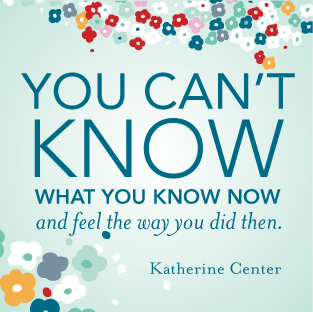50 Ways to See an Elephant, Part I
50 Ways to See an Elephant, Part II
It's time to talk about what happens when you touch the elephant but you really don't see it--that old chestnut from India, about the blind men and the elephant.
But first let's recap. In this series of posts, I have been exploring the concept of seeing the elephant. Part I provided the basic definition: those who have seen the elephant have had the daring--and/or the foolishness--to travel to far-flung places and try their luck.
Part II looked at the historical context of the slang expression: in the 19th century, "seeing the elephant" was used to describe
- going West to in search of gold or other adventures:
- seeing action in the Civil War:
- becoming a jaded world traveler:
I am a miner, who wandered away from down-east, and came to sojourn in a strange land, and see the elephant. . . . They went the long way, and saw the elephant.
Seeing the elephant means seeing the war, boy. . . . Come to see the elephant, farm boy? Found it ain't a pretty sight, haven't you?
Been there, done that, seen the elephant.
Drawing on the morals of this story, I would contend that a chief effect of becoming immersed in other cultures is that you start to become aware of the blind spots you (and your own culture) possess--and to question some of beliefs you grew up thinking were sacred.
That sounds heavy, but it can also be superficial. I have already written about how, as a result of living in the British Isles and on Honshu Island for so many years, I grew to love trains (and indeed the whole concept of public transportation), eccentricity (Hatoyama's heart shirt with pink blazer), and a Monty Pythonesque sense of humor.
My perspective has shifted in more profound ways as well. There are myriad examples, some of which I'll cover in subsequent posts, but for now, here are three hints:
1) The whale: The idea of eating whale is appalling if you're raised in the West. We don't grow up eating whale meat, and we are taught that we need to save the whales. (Is it any wonder that The Cove received the Oscar for best documentary feature? It follows a group of activists as they document the annual dolphin hunt in Taiji, a town in Japan on the Pacific Ocean known for traditional whaling--see painting below, from the Taiji Whale Museum.) But if you had been born in Japan, from an early age you will have heard your parents, government leaders, and other authority figures questioning why slaughtering sea animals is considered brutal when cows, chickens, fish and other edible animals meet the same fate. I don't quite buy the argument; nevertheless, I have reached the point of understanding why Japanese people become so defensive whenever this topic is raised. (And yes, I admit that not only did I see the elephant but I ate the whale--didn't particularly care for it.)
2) Atheism: The United States attaches a stigma to saying one is agnostic let alone atheist. But if you're living in Europe, where religion has been a force of destruction for so many centuries, admitting to not being religious is no big deal. On balance, I think it's better to remove the stigma--giving people the freedom to worship as they please should also mean they are free not to worship at all.
3) Health care: In the U.S., health care is provided by one's employer. Thus decoupling the two--employment and a health care plan--remains an odd concept. For a long time, I was convinced this was why President Obama had so much trouble getting his health care reform legislation passed. But if you live in countries like the UK and Japan, in which the right to health care does not depend on employment, having what the U.S. calls the "public option" seems the obvious way to go.
"Can't take looking too close at that elephant can you, farm boy?" Sorry if the above three examples offend anyone, but I'm reporting my own Blind Men's Tales.
SEE ALSO the cornerstone series defining the blog's main themes:
#1: Time to Define "Seeing the Elephant" … Encyclopedic version
#1a: Time to Define "Seeing the Elephant" ... Reader's Digest, Twitter, Movie Trailer, and Crib Notes versions
#2: How to Recognize at a Glance Someone Who Has Seen an "Elephant" ... Meet Eddie Expat
#3: Who Are You, What Have You Sacrificed? The Repatriation Challenge ... Meet Ramona Repat
Question to other long-term expats: Have you got some "Blind Men's Tales" to share? By the same token, are there any expats here in the USA who now tolerate things they never thought they would?
















1 comments:
Loved this post. Thanks so much! You touched on two topics that I have been considering: health care and atheism.
Post a Comment